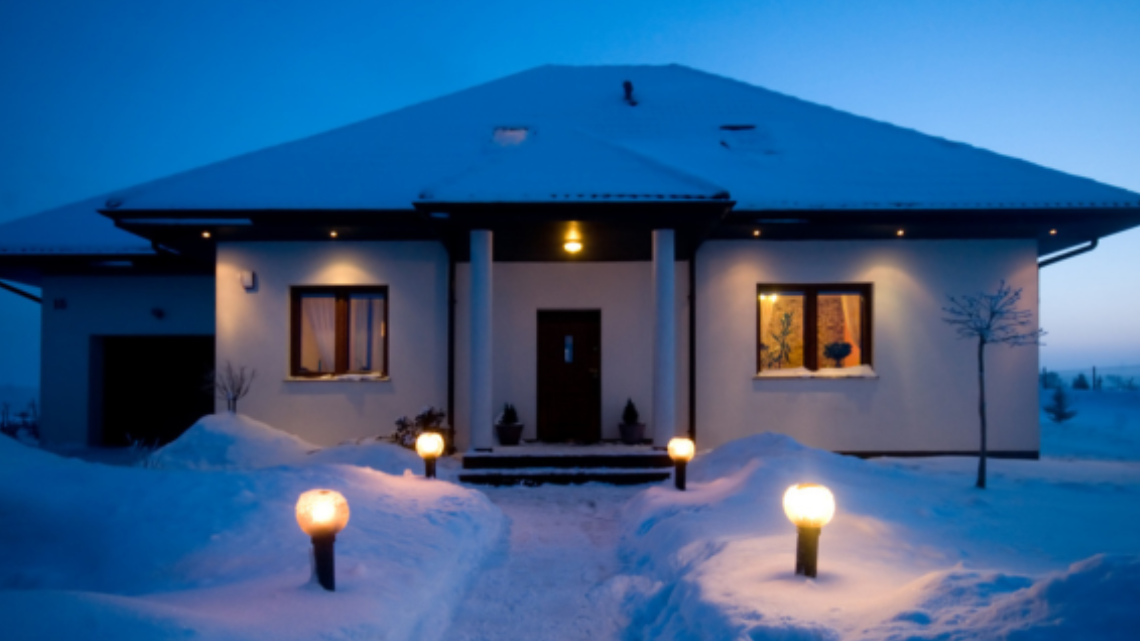Winter house hunting has its own set of challenges distinct from other seasons. While the colder months may offer fewer options due to decreased housing inventory, there are unique advantages and hurdles to consider. Let’s explore the five potential obstacles you might encounter when buying a home in winter.
Limited Inventory:
The winter season often witnesses a decline in housing inventory. Sellers may be less motivated to list their homes, resulting in fewer options for buyers. This scarcity can lead to increased competition among buyers, making negotiations on price more challenging. In contrast, the summer months typically bring more listings and a broader array of choices, albeit with heightened competition.
Weather-Related Issues:
Inclement weather, including snow and ice, can impede travel and affect property assessments. Extreme weather conditions may obscure key aspects like the roof or exterior, making it harder to evaluate a property thoroughly. Winter landscaping might not showcase the property at its best, with snow covering the lawn and hiding landscaping features.
Flaws You May Not See:
Snow-covered homes can conceal subtle cracks or necessary repairs, potentially impacting the property’s structural integrity. When viewing a property during winter, it’s crucial to inquire about foundational issues, the roof, and other critical elements. Identifying necessary repairs is essential, as completing them during winter might be impractical, potentially leading to increased utility bills.
Less Competition but Higher Prices:
While winter may see fewer buyers in the market, sellers might take advantage of the limited options available. This could result in sellers being less willing to negotiate on price, as they anticipate buyers’ urgency to secure a property promptly. Unlike the spring and summer, where increased competition can drive prices up, winter may present a different dynamic with less competition but potentially higher prices.
Bad Weather Can Complicate the Moving Process:
Winter moving days can be challenging, with freezing temperatures, soggy boxes, and the potential for U-hauls getting stuck in the snow. While summer moves are generally smoother, winter moves require careful preparation for adverse weather conditions. Snowstorms can leave you surrounded by boxes in a new home without essentials like food and wifi. Being well-prepared for winter moves is crucial to avoid unexpected challenges.
In conclusion, while winter home purchases come with unique challenges, they also offer opportunities for less competition and the chance to evaluate a property’s winter performance. Stay informed, ask the right questions, and be prepared for the specific considerations that come with buying a home during the colder months.
About the Author: Pritish Kumar Halder
Pritish Kumar Halder is a seasoned real estate professional with a passion for helping individuals navigate the complexities of buying and selling homes. With extensive industry knowledge and a commitment to client satisfaction, Pritish brings a wealth of experience to the real estate market. Stay updated with Pritish’s insights and expertise by subscribing to the free weekly newsletter for valuable real estate market insights, news, and reports straight to your inbox.











